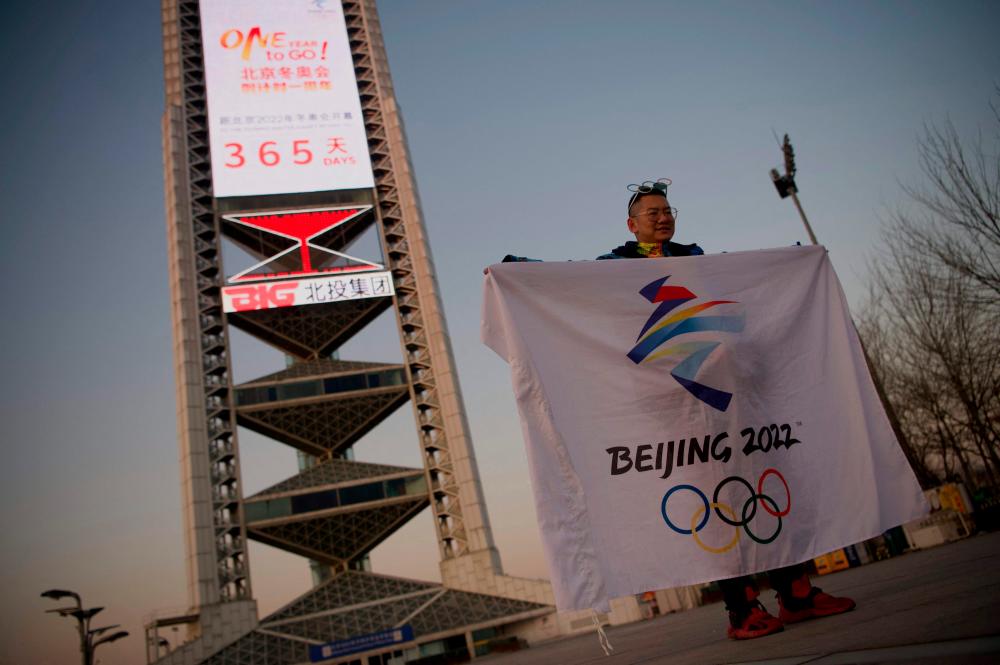THE Malaysian Inland Revenue Board (IRB) wants a far higher compliance with transfer pricing (TP) legislation in Malaysia. Accordingly, the new Finance Act 2020 which was recently gazetted comes with amendments that would galvanise business owners to ensure they have prepared TP documentation before their respective tax return filing due dates and comply with arm’s length principles when setting prices for related party transactions.
Below, we will discuss the three TP-related amendments to the Income Tax Act 1967, which are included in the Finance Act 2020 that will affect not only multinational taxpayers with cross-border inter-company transactions but also local taxpayers with domestic inter-company transactions; these have become effective on Jan 1.
Penalty for failure to furnish contemporaneous transfer pricing documentation (Section 113B)
Taxpayers are required to have TP documentation available by their income tax return filing due date and file it upon request by the IRB. Prior to Jan 1, taxpayers are not imposed any specific penalty for failure to meet such requests. There were instances of taxpayers not in full compliance with such requests from the tax authorities and they were penalized only when IRB makes a TP adjustment on their related party transactions which results in additional tax payable. The penalties imposed were higher for taxpayers who failed to submit their TP documentation within the time frame given by the IRB.
Section 113B therefore introduces a penalty of RM20,000 to RM100,000 for failure to furnish a contemporaneous TP documentation, essentially targeting companies that either do not have TP documentation for open years or, have not prepared TP documentation by the return filing due date.
The timeframe given to taxpayers to submit the TP documentation has been reduced from 30 days to 14 days effective Jan 1. The IRB has indicated that this new penalty will apply separately to each year of non-compliance. The statute of limitation for TP is 7 years and requests for TP documentation varies from 3 to 6 years of assessment. Applying this new penalty, failure to furnish the TP documentation on time for 6 years would result in a penalty of RM120,000.
Surcharge on transfer pricing adjustment – Section 140A (3C & 3D)
Prior to Jan 1, any additional tax payable arising from a TP adjustment made by IRB in a TP audit would also be subjected to a penalty. The final tax burden is mitigated or reduced in instances where taxpayers are enjoying tax incentives or may have other tax attributes such as unabsorbed business losses, capital allowances, etc that can be utilized to offset the TP adjustment.
This surcharge of 5% widens the base for collection of taxes. The surcharge will be imposed on the TP adjustment amount, irrespective of whether or not the taxpayer has any tax attributes (such as unabsorbed business losses, capital allowances, tax exemptions) to offset the TP adjustment made by the IRB in an audit.
This amendment affects all taxpayers with related party transactions.
Re-characterisation of controlled transactions – Section 140A (3A & 3B)
The director-general of Inland Revenue (DGIR) may disregard any structure in a controlled transaction if:
• Economic substance of that transaction differs from its form; or
• Where economic substance is the same as its form but the arrangement is not commercially rationale, and the structure impedes the DGIR from determining an appropriate transfer price.
The insertion of this provision into the main Act fortifies the power of the DGIR to disregard the structure in a controlled transaction, as well as to make adjustments to that structure as he deems fit.
This amendment may lead to increased scrutiny of controlled transactions involving, amongst others, intragroup interest-free financial assistance arrangements and aggressive tax planning structures. It further strengthens the IRB’s ability to make adjustments to aggressive tax planning structures, disregard loans and deny interest deduction thereon, disregard interest-free loans and raise taxes on deemed interest income, etc.
To mitigate the risk of re-characterisation, taxpayers should ensure that their controlled transactions are accurately delineated through contemporaneous TP documentation, and the actual conduct is aligned with inter-company agreements.
Based on the above discourse, it is clear that the IRB is placing more emphasis and enforcement on taxpayers to comply with local TP rules and regulations. We can expect an increase in audit activity by the IRB and stricter enforcement. The more stringent measures also boost tax revenues that would aid our fiscal resources to combat the raging Covid-19 pandemic.
Taxpayers should take the following steps:
• Prepare contemporaneous TP documentation by the income tax filing due date;
• Submit them upon request by IRB within the timeframe set by IRB;
• Ensure related party transactions are priced in accordance with the arm’s length principle; and
• Inter-company agreements reflect actual conduct.
This article was contributed by MICPA Council Member Theresa Goh (Deloitte Malaysia Transfer Pricing Senior Partner) and Thomas Chan (Associate Director of Deloitte Malaysia). The views and opinions expressed in this article are those of the authors and do not reflect the views of Deloitte Malaysia.













